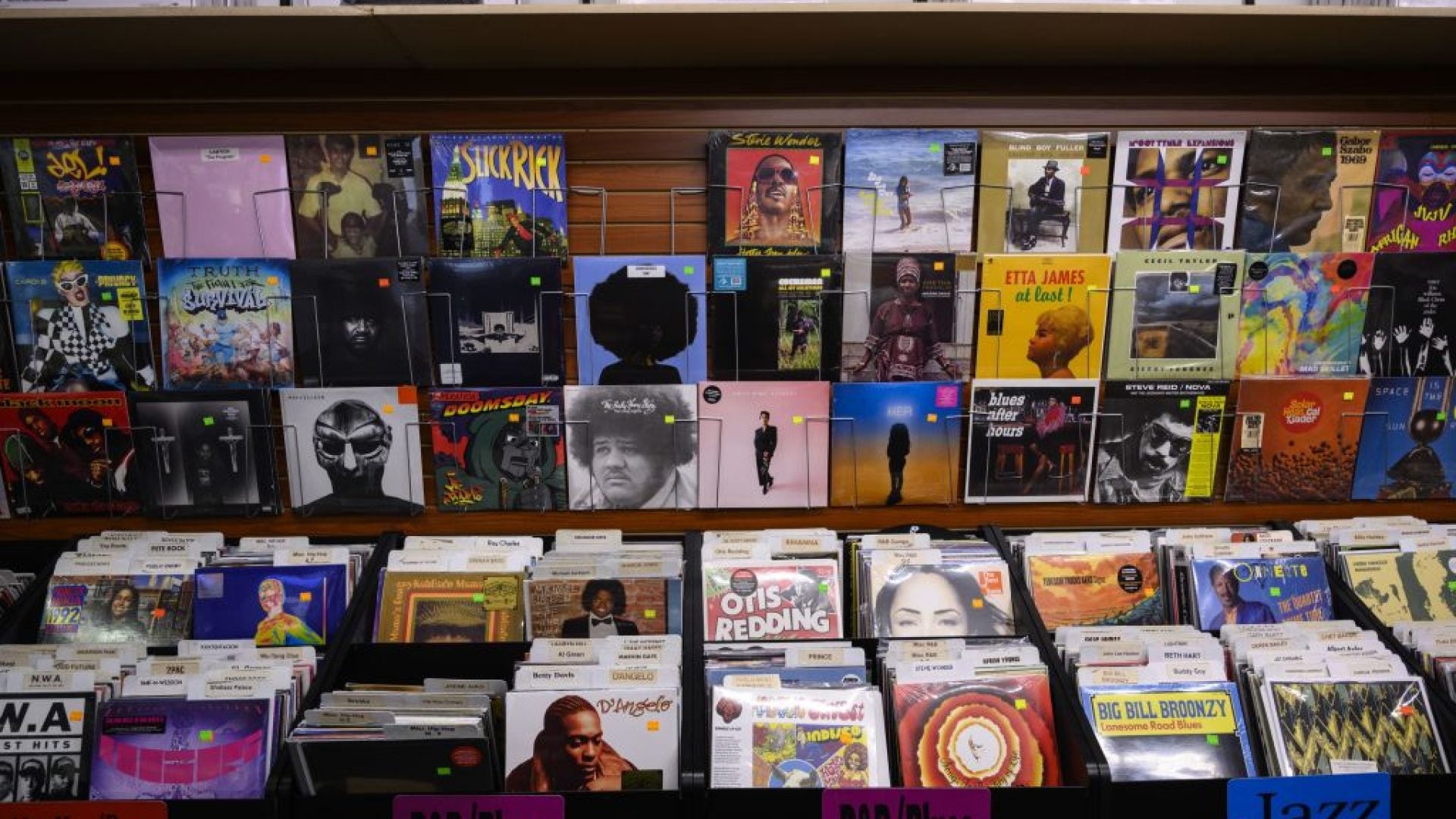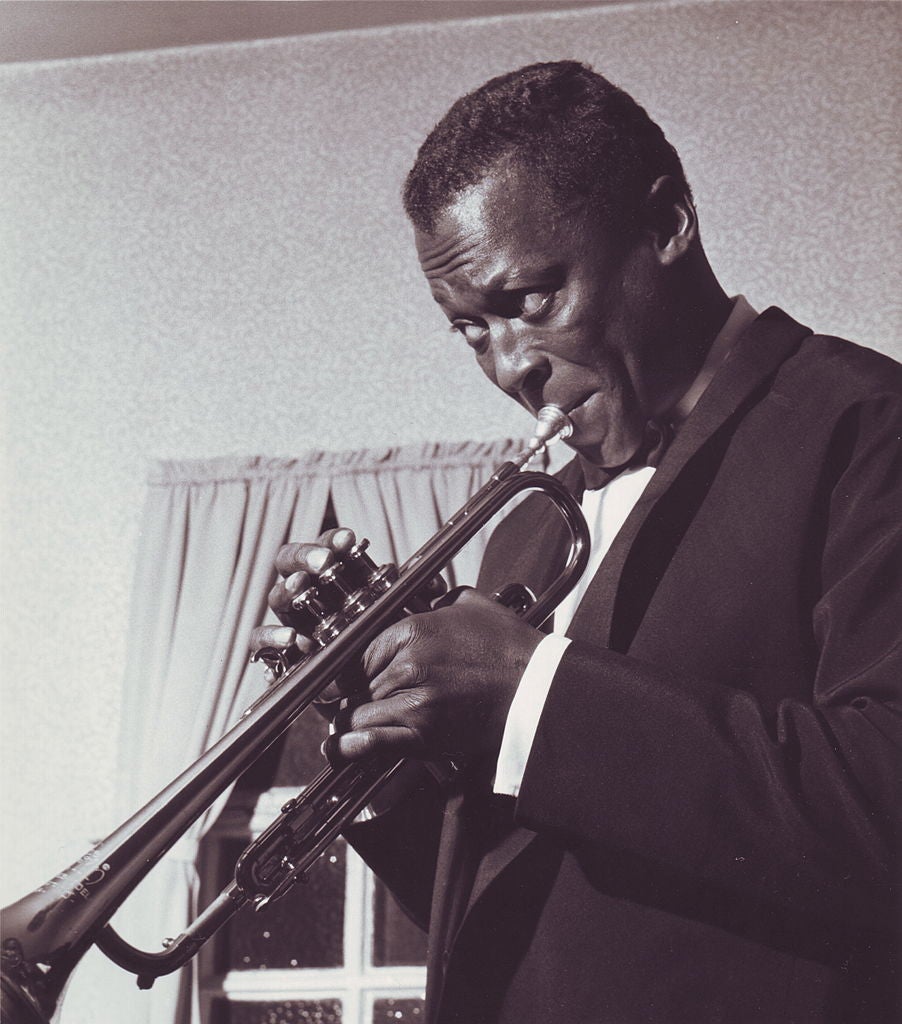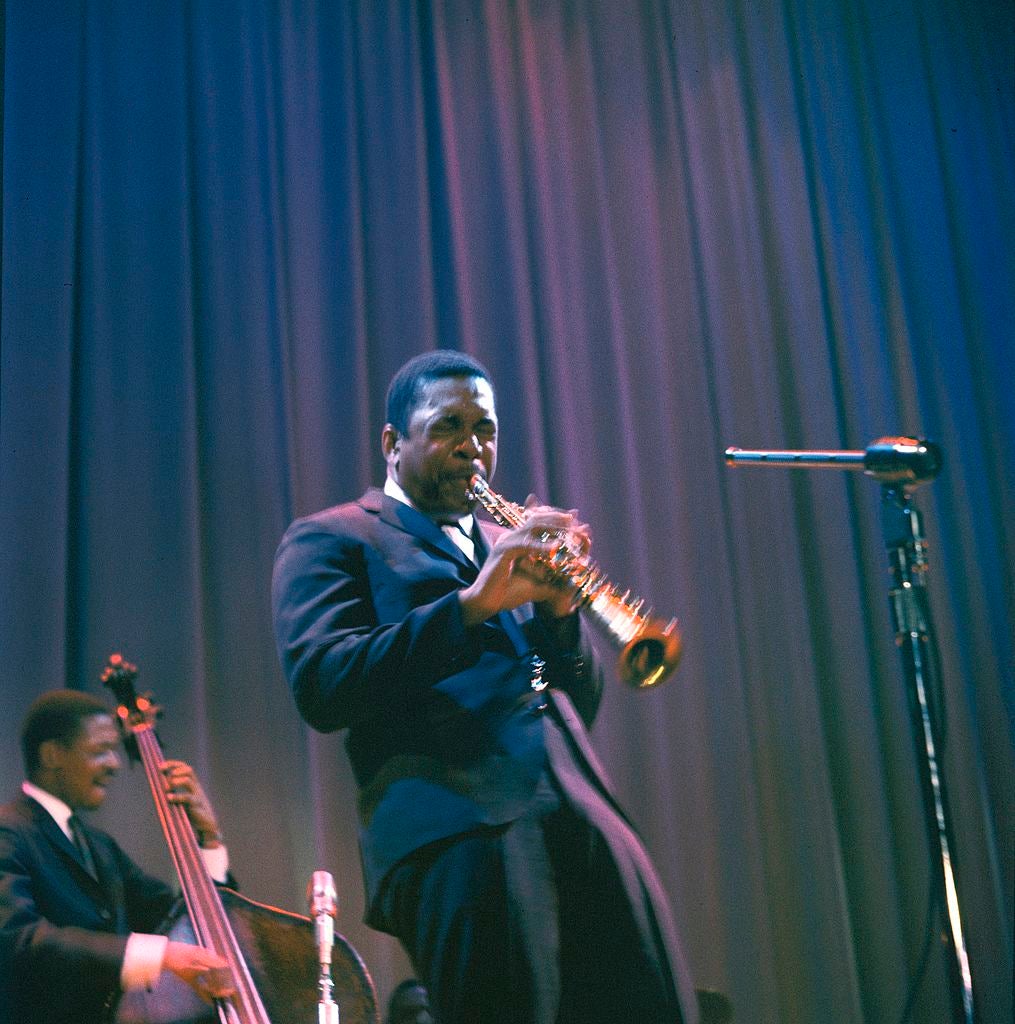
An irreplaceable vinyl collection of Black music valued at over $2.3 million has been donated to Stanford University in California.
Made up of over 8,000 jazz, blues, gospel, soul and reggae records that span almost a century, The Dijkstra Black Music Collection includes original and early pressings of John Coltrane’s recordings, Bob Marley’s original 12-inch 45rpm single of “Buffalo Soldiers” and some early Hip Hop LPs.
Nearly 65 years in the making, the collection was donated by Bram Dijkstra, professor emeritus at the University of California, San Diego, and renowned literary agent Sandra Dijkstra.
Documenting the history of genres like jazz and Jamaican popular music has been one of Bram Dijkstra’s lifelong passions. The retired professor, who was born on a small Indonesian island and raised in Holland, credits the beginning of his collection to a life-changing experience in 1955 while listening to a record by the New Miles Davis Quintet.
“I admired Miles Davis clear, coherent trumpet, but I was shocked into incredulous admiration by the hoarse, abrasive, yet melodious solos of the young tenor saxophone player Miles was featuring here for the first time, someone with the rather strange name of John Coltrane,” Dijkstra said in a statement.

He recalled that Coltrane’s playing, “rough-toned and oddly jagged, daringly dancing on the edge of failure, but driven by an inner rhythm that steadied every part,” seemed to express what he was feeling – it “made almost physically tangible the music that was in my soul.”
The music, he said, left a lasting impression and inspired him to move to the United States, with a commitment to creative work and immersion in Black music.
John Coltrane, he wrote, “taught me to listen to Black music in all its many forms: Coltrane called me to America. He taught me that to be creative is to always search for what is better—and that searching for anything likely to make us better is never neat.”
Stanford’s Archive of Recorded Sound (ARS) will house the Dijkstra Black Music Collection. Students, faculty, and researchers will have access to the collection’s digital listening library and the physical discs, sleeves, and liner notes by appointment at Stanford’s ARS. The University will adhere to audio preservation best practices to preserve the integrity of the discs.







“The ARS was founded in 1958 to preserve sound recordings as a core part of our cultural heritage,” said Tamar Barzel, the head music librarian at the University. “Bram’s collection is a remarkable document of jazz, Black American music and Jamaican reggae, and his curatorial vision is really special in its depth, breadth and scope,” shared the San Diego Union-Tribune.
According to Stanford Libraries, the collection’s appraised value is more than $2.3 million due to a wide range of unique and extremely rare items, which are both highly valuable in the collector’s market and priceless in terms of cultural heritage and research.
The donation coincides with the establishment of Stanford’s African and African American Studies Department. An event celebrating the collection is scheduled during Black History Month on February 13 at the Cecil H. Green Library on Stanford’s campus.






